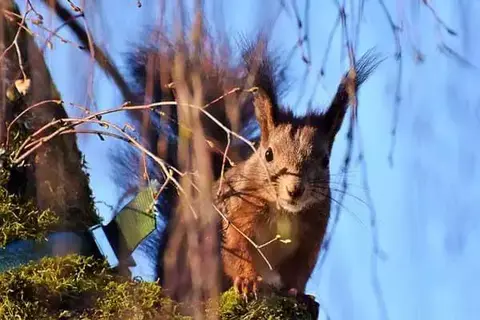What Do Ducks Eat In A Pond?
Camilo WalkerDucks are omnivores, but that doesn’t mean you can feed them anything. Some food can even be dangerous, and good intentions can turn into tragedy. Walking near reservoirs you can see how people feed ducks by throwing bread into the water. The birds, living on the water in the warm season, usually have enough food, which they get on their own. Ducks are known to eat mostly plant food in nature. The diet of the wild duck includes everything a body of water can provide: cussweed, algae, grass on the shore. Even though ducks in the pond preferably eat plant food, they willingly eat the fauna of the pond: fry, worms, tadpoles, mollusks, larvae. Even small fish and young frogs can become prey. Wild birds are especially attracted to urban water bodies because they eat mosquito larvae by picking up food from the bottom in shallow water. From what wild ducks eat, you can see that the food is mostly protein and fiber. When fall arrives, the menu will include grain food, which they will begin to pick from harvested fields, and that provided by wild grains.
What’s bad for ducks
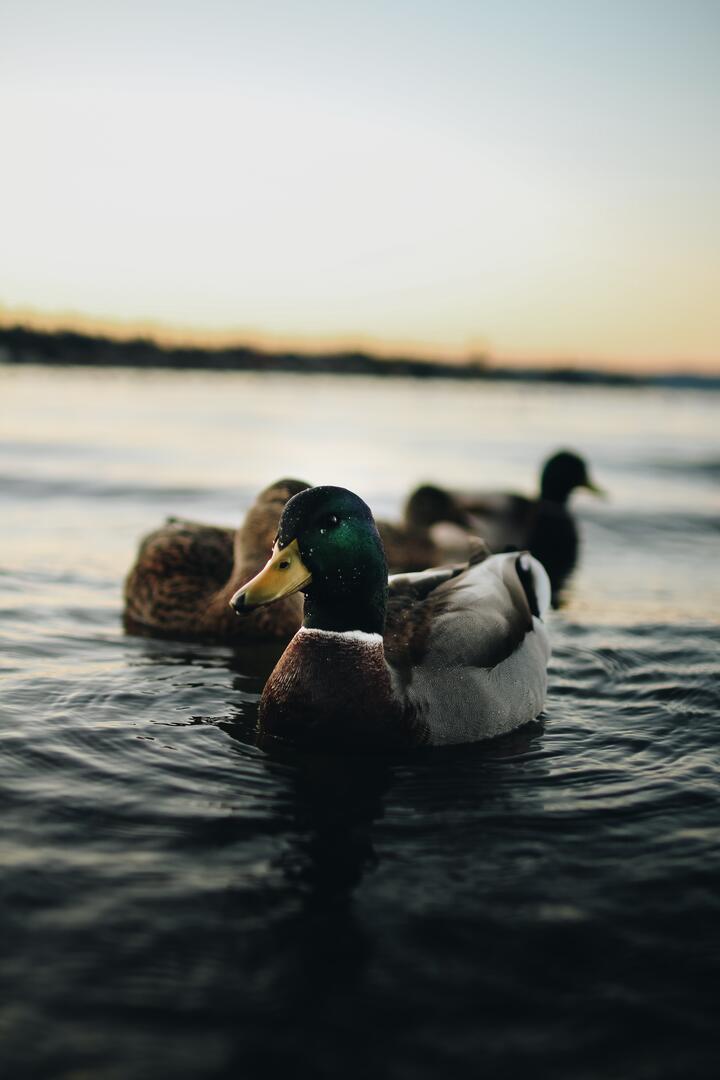 Photo by Aidan Jarrett on pexels
Photo by Aidan Jarrett on pexelsMallards are the most common in water bodies. They are so accustomed to people that they can safely feed on human hands.
You can not feed them bread. Crumbs pollute the water, stimulating the development of cyanobacteria. Watching a beautiful drake or female begging for food, the question arises against the will: what to feed the ducks in the pond in the summer? And now all edibles available are sent to the pond. With this man does not think that it can kill them.
Warning! Instead of the dangerous loaf, you should take to the lake fiber-rich foods: rice, zucchini, eggplant, beets, corn, lettuce, cat and dog food, tomatoes, cucumbers, cabbage, millet.
What do wild ducks eat?
The largest and most conspicuous duck in a city pond is the mallard. Representatives of this species are the most numerous in any pond. They are almost not afraid of humans and sometimes take food from the hands.
In nature, these ducks, like other waterfowl, feed mainly on plant food. The basic diet consists of aquatic plants (algae, cussweed, moss) and grasses growing along the shores of reservoirs. In autumn birds often visit mowed fields, where they gather remnants of grain.
Dabbling near water, ducks also have the opportunity to eat a variety of aquatic fauna:
•mollusks;
•juvenile fish;
•tadpoles and frogs;
•Invertebrates living in the silt and wet soil of the coastal strip (worms, beetles, larvae, etc.).
During the frog breeding season, amphibian eggs are also added to the diet.
Wild ducks in nature feed on aquatic fauna.
The diet of wild ducks contains large amounts of plant fibers and protein. Seeds of wild grasses and cultivated plants occupy a small part of the diet. In wintertime, wild ducks migrate to regions where shallow, ice-free water and familiar food can be found.
Can we feed wild ducks with bread?
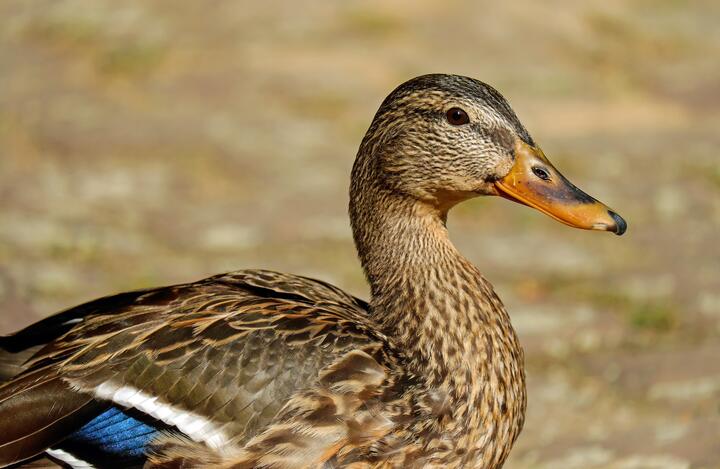 Photo by Pixabay on pexels
Photo by Pixabay on pexelsMore and more often, migratory birds stay for the winter in the same urban ponds where they spend the summer. This is partly because winters have become warmer and ponds for ducks in the park are practically not frozen. But it is much more common for wild ducks to stay in the city for the winter because of the availability of food.
They get used to getting food from people who actively feed the supposedly starving birds. Indeed, the ducks greedily rush after every piece of bread and even fight over food. But this instinctive behavior is still formed at the chick’s age when the survival of the ducklings depends directly on the ability to compete. In summer, there is enough food for the feathered birds even in a relatively clean city pond. If necessary, the birds would fly away to abundant feeding places.
For their own entertainment, vacationers throw pieces of bread, cakes, or buns to the waterfowl. The ducks react with interest to the new object, tasting it. Finding that it is edible, they actively eat the offered food, which they do not need to get on their own. People interpret the birds’ attention to a piece that has fallen into the water as a sign of hunger and start purposefully feeding them.
But a mass containing minimal fiber, fat, yeast, and a lot of salt is very poorly digested by the duck’s stomach. The bread swollen in the digestive system is hardly processed by the GI tract and excreted very slowly, preventing the ducks from eating properly. Rye varieties of bread pose a real danger to duck health. Causing fermentation processes in the intestines, this food poisons the body.
But the most terrible consequence of feeding wild birds is their reluctance to fly away for the winter from places where food can be obtained at any time and without difficulty. In the wilderness, the signal to start migrating is not only the length of daylight hours but also a decrease in the amount of available food. At the pond within the city limits, where holidaymakers feed the ducks until winter, the birds do not feel the need to migrate.
When cold weather arrives, when there are fewer feeders and the pond shoreline is covered with ice, the ducks can no longer fly anywhere. Surveying the surrounding areas, they find no acceptable conditions for the existence and return to their pond. When severe frosts hit, some of the birds die by freezing into the ice or become prey to stray dogs. And even in warm winters, they may get really hungry, unable to get food in the shallow water near the shore.
What do baby ducks eat?
If you have a wild duck chick in your hands, make sure it is cared for and fed properly. The ducklings are physically fit and able to get their own food from the first days. Therefore, there will be no difficulties.
What wild ducks eat at an early age. If the baby is all cannon and has not yet fledged, he is a few days old. Such a chick is given boiled chopped eggs. After a few days, they are mixed with finely chopped grass and defatted cottage cheese.
If the little duck has already plumage, it is allowed to include pre-crushed cereals in its menu.
After ten days, boiled root vegetables and finely chopped herbs are added to the diet. The dish should not be too liquid. Chick is not able to clean its own beak from dried food residues.
When your chick has completely changed it’s down to feathers, transfer it to the diet of adult ducks.
What do ducks eat in a pond? Ducks diet
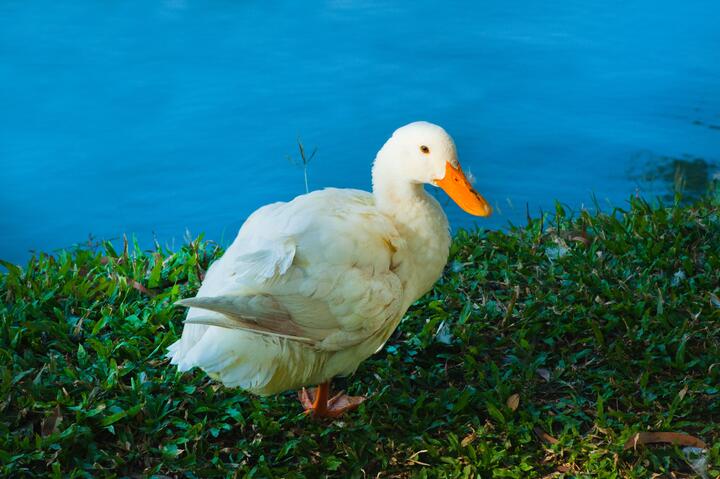 Photo by Oleksandr Pidvalnyi on pexels
Photo by Oleksandr Pidvalnyi on pexelsIf you have ever been curious about what do ducks eat in a water pond, you know that it’s not fish, and that is not always the case. While ducks are predators, they do eat other animals, including insects, so don’t worry if you haven’t spotted a duck yet. You can learn more about what the most common species of ducks ate by reading the articles below.
The first food that ducks eat is aquatic plants, including millet, corn, and other plant matter. Other food sources include small fish, snails, frogs, and insects. Domestic ducks love to eat algae, fish, and other small aquatic animals. If you keep your ducks in a pond with a variety of plants, you can add these to their diet as well.
The most important thing to remember when feeding ducks is to keep the water as clean as possible. Most ducks can’t eat anything deeper than two feet. But geese can eat more, especially those with thicker skins. They can also eat berries and citrus fruits, so it’s important to provide plenty of these for them to eat. And you can’t just feed the plants. They can also eat other animals and insects, and some can even ingest human food.
The next thing to think about is what the ducks eat. Ducks will eat everything, and the most important thing for you to remember is that the ducks’ natural diet consists of crayfish. But you can give them a taste of cooked vegetables such as sweetcorn and lettuce. And don’t forget about leftovers. If you don’t have a pond to feed them, you’ll probably have some leftovers.
While the ducks’ diets are not completely different, they often eat different things. The ducks will eat food from your pet dog or cat. They can even eat worms if they are swimming in the water. If you don’t feed your ducks with dog or cat food, they’ll become aggressive and will try to attack you. However, they will eat worms, if you give them a pond a place to live in.
While ducks can eat a variety of foods, they will be happier when they eat their preferred foods. While you may be concerned that ducks are not getting enough of their preferred foods, you can rest assured that they won’t starve. If you’re worried about their diet, you can purchase birdseed, which will keep your ducks healthy. You can also buy bread for them. If you don’t have bird seed, you can get some from your local grocery store.
The type of food that ducks eat will depend on their species. A lot of these animals eat insects, so ducks will not eat anything that isn’t natural. If you want to keep a healthy and balanced population of ducks, they should be in an environment where they can eat different foods. For example, Little Call ducks will eat more plants than Cayuga ducks, while Appleyard ducks will mainly graze on plants.
The main food that ducks eat in a pond is aquatic plants, but they also eat fish. Their diet includes different kinds of fish. They are omnivorous, and they’ll eat anything that is alive and swimming. A lot of their food comes from fish eggs and shellfish. You can feed them by adding these foods to your pond, but they’ll still be hungry.
Ducks love to eat fish, so it’s best to keep them fed. There are several different varieties of fish, but a great variety of Japanese varieties will provide them with plenty of food. Unlike corn, millet is low-fat and contains a high level of protein. In addition, it can survive in any weather condition and is less expensive than corn. Its high protein content makes it ideal for ducks and will keep them satisfied.
While many ducks eat insects, they are not considered to be omnivorous. In fact, they prefer to feed themselves on grains, greens, and fruit. As a result, they can eat just about anything, even raw peas. Whether it is a leafy salad or a slushy garden, you can feed your ducks whatever they like.
- BirdsWhat Is Emu Running Speed?
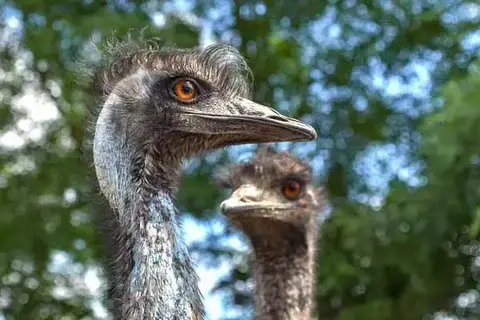
- Rodents7 Interesting Facts About SquirrelsBy Lucas Torres
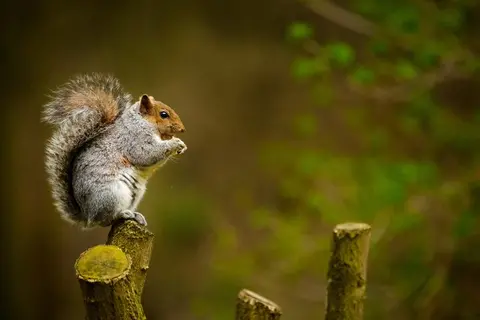
- LivestockWhat Do Donkeys Eat In The Wild?By Murphy Scott
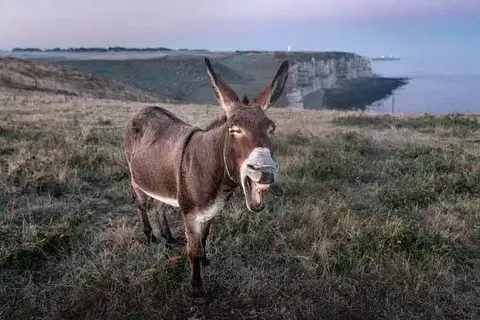
- Dogs10 Interesting Facts About PoodlesBy Khai Dove
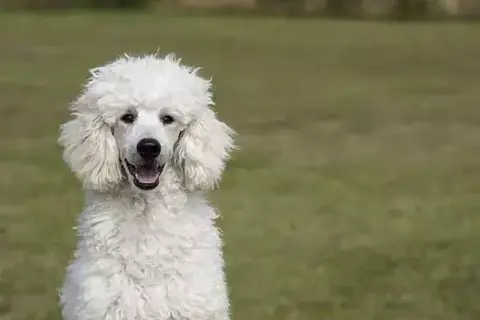
- WildlifeInteresting Facts About Hermit CrabsBy Evelyn Star
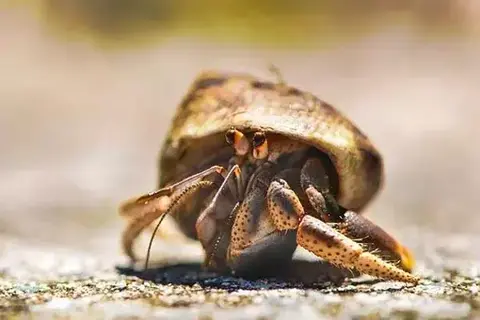
- Wildlife7 Interesting Facts About Arctic FoxesBy Camilo Walker
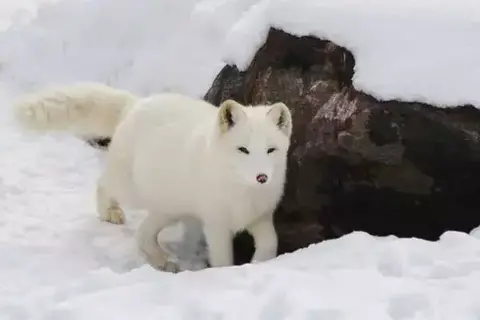
- RodentsWhat Do Squirrels Eat In The Wild And At Home?By Charlotte Green
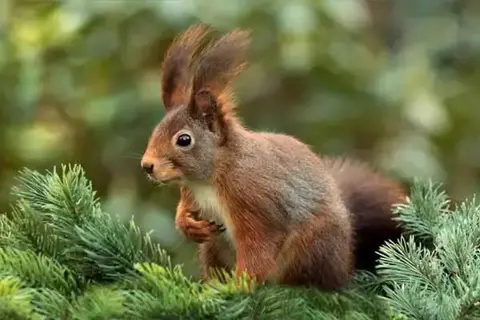
- WildlifeInteresting Facts About GenetBy Evelyn Star
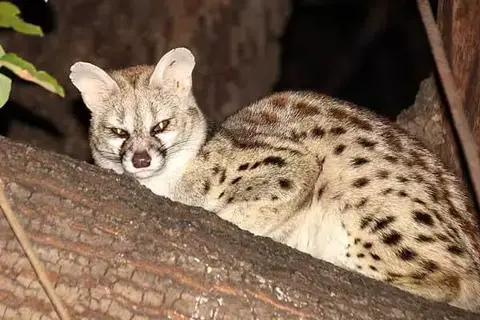
- BirdsWhat Is A Food Of Owls?By Amelia B
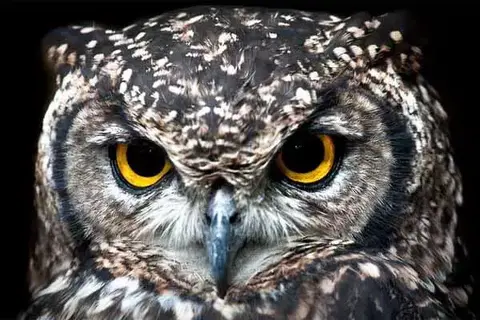
- RodentsWhat Does A Squirrel’S Nest Look Like?By Nolan Foster
